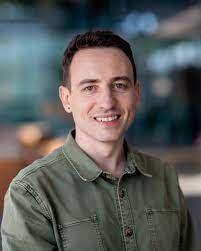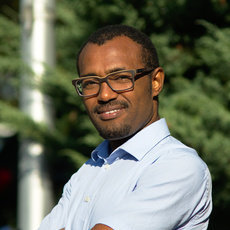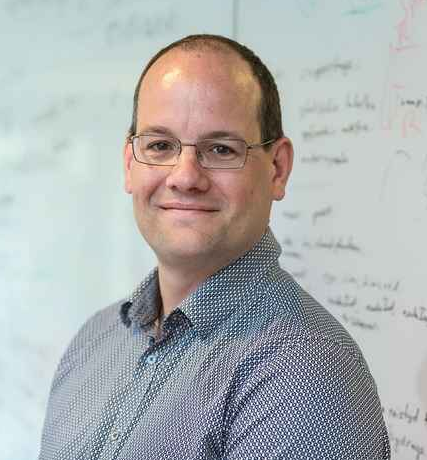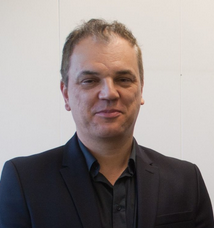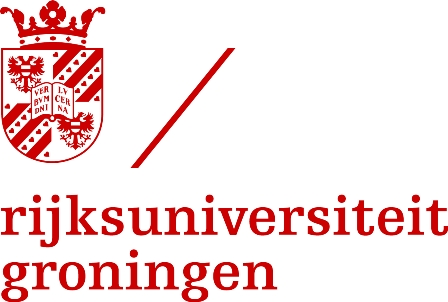To achieve this ambitious goal, SNS brings together a top Dutch consortium consisting of both academic and industry partners and enables synergy between five scientific and engineering disciplines, with machine learning taking inspiration from neuroscience for self-healing circuits and engineering disciplines such as electrical engineering and microelectronics device technology strongly interacting for system architecture and integration.
A new framework for self-healing and lifelong learning will be developed by CWI.
TU/e will research efficient mapping and compilers strategies for digital and mixed-signal designs, offering design space exploration trade-offs for unconventional architectures.
TUD, IMEC, and Innatera cover a large part of the design stack, from ULP circuits to systems and architectures focusing on new efficient ways for implementing online learning circuits.
We are an interdisciplinary team dedicated to advancing Neuromorphic Engineering—a cutting-edge field that draws inspiration from biology, physics, mathematics, computer science, and engineering.



